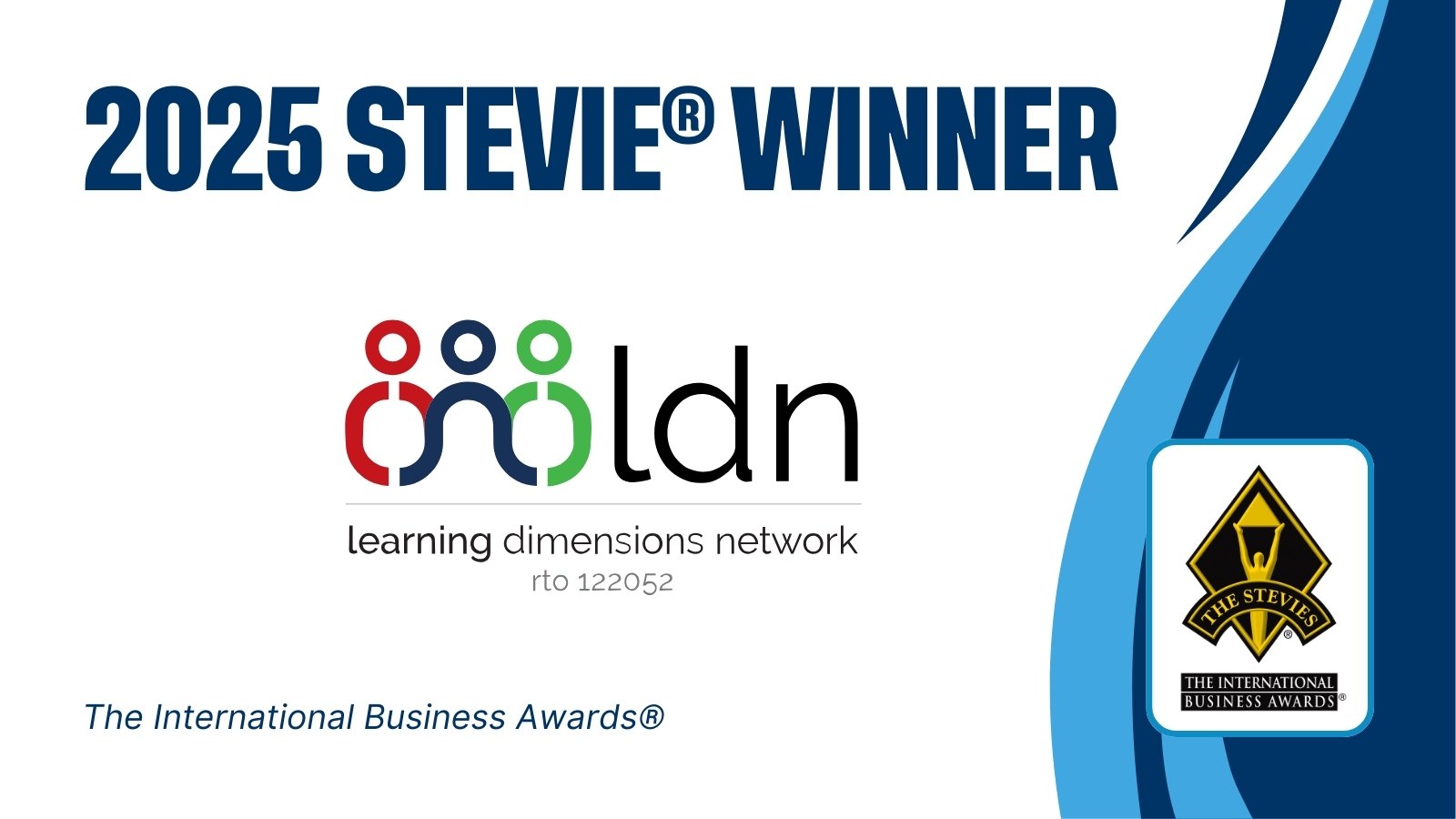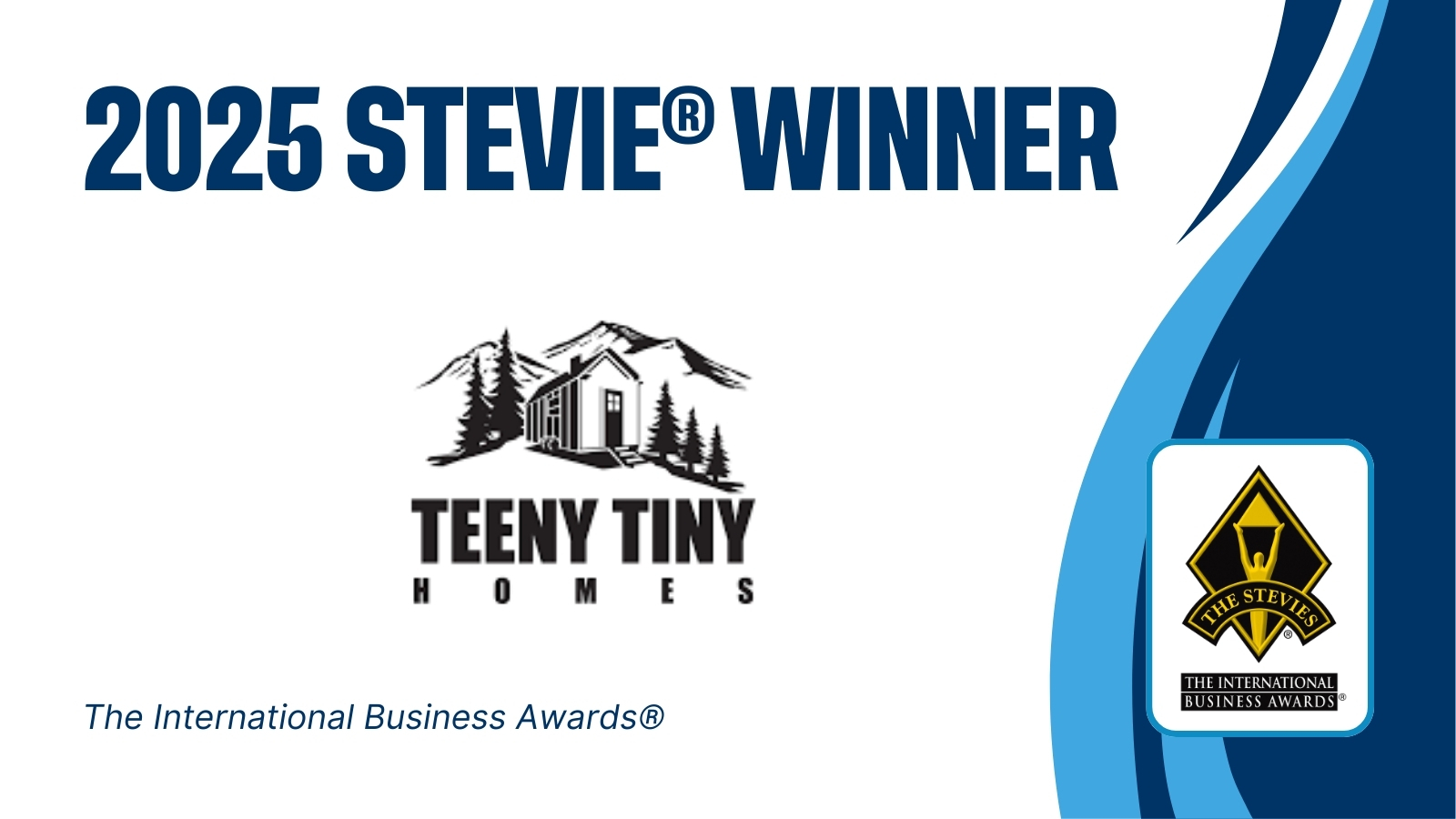ValueSelling Associates, in Rancho Santa Fe, California, USA, is a sponsor of the Stevie Awards for Sales & Customer Service, the world’s top sales awards and customer service awards. Find out how to enter the 2015 competition here.
The following article by Julie Thomas, CEO of ValueSelling, was first featured on the ValueSelling Associates Blog in Jul. (You can also read about this year’s successful salespeople in the Sales Individual Awards categories on the Stevie Awards Sales & Customer Service website.)
 It’s a commonly accepted notion that buyers often don’t like salespeople. It’s your job to overcome that initial barrier by recognizing that a successful sales relationship hinges on your personal relationship with the customer.
It’s a commonly accepted notion that buyers often don’t like salespeople. It’s your job to overcome that initial barrier by recognizing that a successful sales relationship hinges on your personal relationship with the customer.
Trust and rapport are essential in encouraging potential buyers to share their challenges and allow you to explore different solutions. People buy from people, so a sales relationship becomes more difficult if two people can’t communicate effectively.
The greater the trust and rapport, the easier it is to get the client to share their perspective, including their personal motivations, and to listen to how your products can create value for them.
Selling Is a Multilevel Communication Process
We trust people who appear to have the same model of the world as we do. We trust people who understand our problems. Whether you are building trust and rapport, persuading, or negotiating, selling is a multilevel communication process.
But active listening is a difficult skill to practice. We are often more comfortable talking and tend to believe that the best way to sell is to make a perfect presentation. Even when we aren’t talking, we are thinking about what we’re going to say next. Every moment spent thinking is one spent not listening. We run the risk of missing buying clues or critical information. We are in danger of missing lost opportunities.
Active listeners always ask themselves these questions:
- Did I hear what they said?
- Do I understand what they said?
5 tips for honing your active listening skills:
- Give your full and undivided attention to the person who is speaking and, whenever possible, make eye contact.
- If you are speaking with someone on the phone or VoIP, avoid distractions and the temptation to multi-task by emailing or texting. The person on the other end of the line can always tell!
- Don’t interrupt the speaker. No one appreciates being interrupted; when you interrupt someone, you are sending the following message: “What I have to say is more important than what you are already saying.” Pause to gather your thoughts and respond thoughtfully. Pay attention to any lag time or delay if you’re using Skype and time your responses accordingly.
- Clarify and confirm. Use breaks in the conversation to confirm what you heard and clarify what you understood. Trust and rapport are built through this process. Confirmation is critical to demonstrate your listening skills and abilities. Asking follow-up questions and testing your understanding are very powerful and simple ways to prove you are listening.
- Provide nonverbal feedback. If you are having a conversation in person, then nodding, appropriate facial expressions, and occasional verbal affirmations reassure the person you’re speaking with that you are actively listening.
While speaking well is important, our ability to listen, learn, and understand is essential. Active listening can be practiced on anyone, anywhere in an organization. It’s really about the quality of the conversations you have. The better the questions you ask, the better the answers. The more you listen to the answers, the better the conversation, and the more effective you will be as a sales professional.
About Julie Thomas
Julie Thomas, President and CEO of ValueSelling Associates, is a noted speaker, author, and consultant. In a career spanning more than 24 years, she credits her mastery of the ValueSelling Framework® for her own meteoric rise through the ranks of sales, sales management, and corporate leadership positions.
Julie began her career at Gartner Group. In 1999, she became Vice President of Gartner’s Sales Training for the Americas, which included successfully managing the training of new hires in the ValueSelling process. In 2003, Julie acquired ValueSelling Associates with the support of ValueSelling CEO and co-founder Lloyd Sappington. Since then, Julie has led the company to become an industry leader in competency- and process-based training for escalating sales performance.
Julie is a sought-after speaker at industry events such as the Selling Power Sales Leadership Conferences. She is a guest lecturer at both Babson University and the University of Michigan. In addition, Julie is on the advisory board of the eWomenNetwork Foundation Advisory Council and is heavily involved in her local public schools as well as the San Diego Children’s Hospital Auxiliary.
She earned her Bachelor of Science degree in Business Administration from the Leeds School of Business at the University of Colorado, Boulder.
About ValueSelling Associates
ValueSelling Associates, based in Rancho Santa Fe, CA, is the creator of the Value Selling Framework®, the sales methodology preferred by sales executives around the globe. Since 1991, ValueSelling Associates has helped thousands of sales professionals increase their sales productivity. Offering customized training to FORTUNE 1000 companies, mid-sized businesses, to early stage startup organizations, ValueSelling Associates’ proprietary sales training tools and consulting services deliver measurable results. Clients turn to the experts at ValueSelling Associates for classroom and online training and consulting services that yield immediate impact, repeatable strategies, and sustainable results to sales productivity. For more information, go to www.valueselling.com











